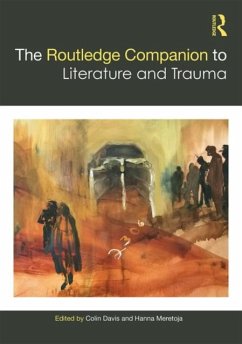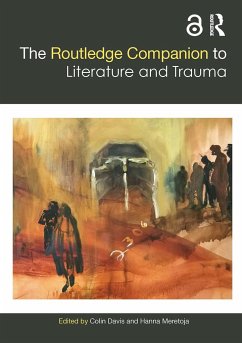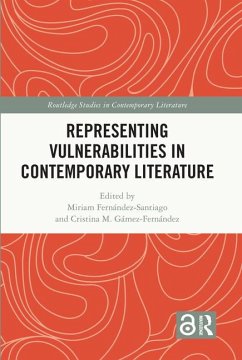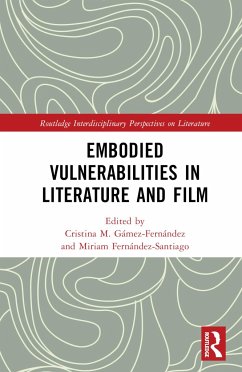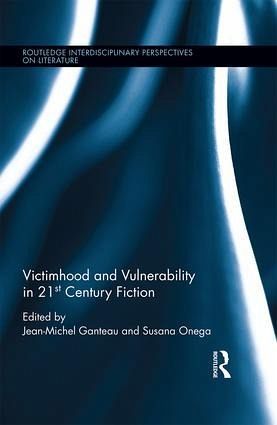
Victimhood and Vulnerability in 21st Century Fiction
Versandkostenfrei!
Versandfertig in 6-10 Tagen
176,99 €
inkl. MwSt.
Weitere Ausgaben:

PAYBACK Punkte
88 °P sammeln!
Editors Jean-Michel Ganteau and Susana Onega) have assembled a volume which addresses the relationship between trauma and ethics, and moves one step further to engage with vulnerability studies in their relation to literature and literary form. It consists of an introduction and of twelve articles written by specialists from various European countries and includes an interview with US novelist Jayne Anne Philips, conducted by her translator into French, Marc Amfreville, addressing her latest novel, Quiet Dell, through the victimhood-vulnerability prism. The corpus of primary sources on which t...
Editors Jean-Michel Ganteau and Susana Onega) have assembled a volume which addresses the relationship between trauma and ethics, and moves one step further to engage with vulnerability studies in their relation to literature and literary form. It consists of an introduction and of twelve articles written by specialists from various European countries and includes an interview with US novelist Jayne Anne Philips, conducted by her translator into French, Marc Amfreville, addressing her latest novel, Quiet Dell, through the victimhood-vulnerability prism. The corpus of primary sources on which the volume is based draws on various literary backgrounds in English, from Britain to India, through the USA. The editors draw on material from the ethics of alterity, trauma studies and the ethics of vulnerability in line with the work of moral philosophers like Emmanuel Levinas, as well as with a more recent and challenging tradition of continental thinkers, virtually unknown so far in the English-speaking world, represented by Guillaume Le Blanc, Nathalie Maillard, and Corinne Pelluchon, among others. Yet another related line of thought followed in the volume is that represented by feminist critics like Catriona McKenzie, Wendy Rogers and Susan Dodds.




